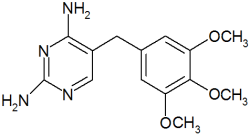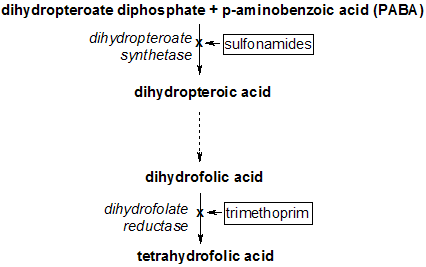Physicians often administer large doses of the drug trimethoprim (TMP) to combat pneumocystis carinii pneumonia, a common opportunistic infection in AIDS patients. TMP, however, can also elevate potassium in the blood, creating a condition called hyperkalemia. As many as 53 percent of hospitalized AIDS patients treated with TMP develop mild to moderate hyperkalemia.
Researchers Michael J. Choi, Thomas R. Kleyman, and Pedro C. Fernandez of the Veterans Administration Medical Center in Philadelphia report that they have discovered the cellular mechanism that causes this side effect. But more important clinically, they have observed an AIDS patient treated with TMP whose hyperkalemia reached the point of "medical emergency," says Choi.
This case should alert physicians to the possible life-threatening consequences of using massive doses of TMP to treat pneumocystis carinii pneumonia, he suggests.
TMP does not generally elevate potassium concentrations to harmful levels. But a significant number of AIDS patients already suffer hyperkalemia caused by kidney failure or hormone deficiencies. For these patients, treatment with TMP could boost the potassium in their blood to dangerous levels, causing heart cells to fire erratically and even bringing on cardiac arrhythmia, Choi says.
COPYRIGHT 1992 Science Service, Inc.
COPYRIGHT 2004 Gale Group



